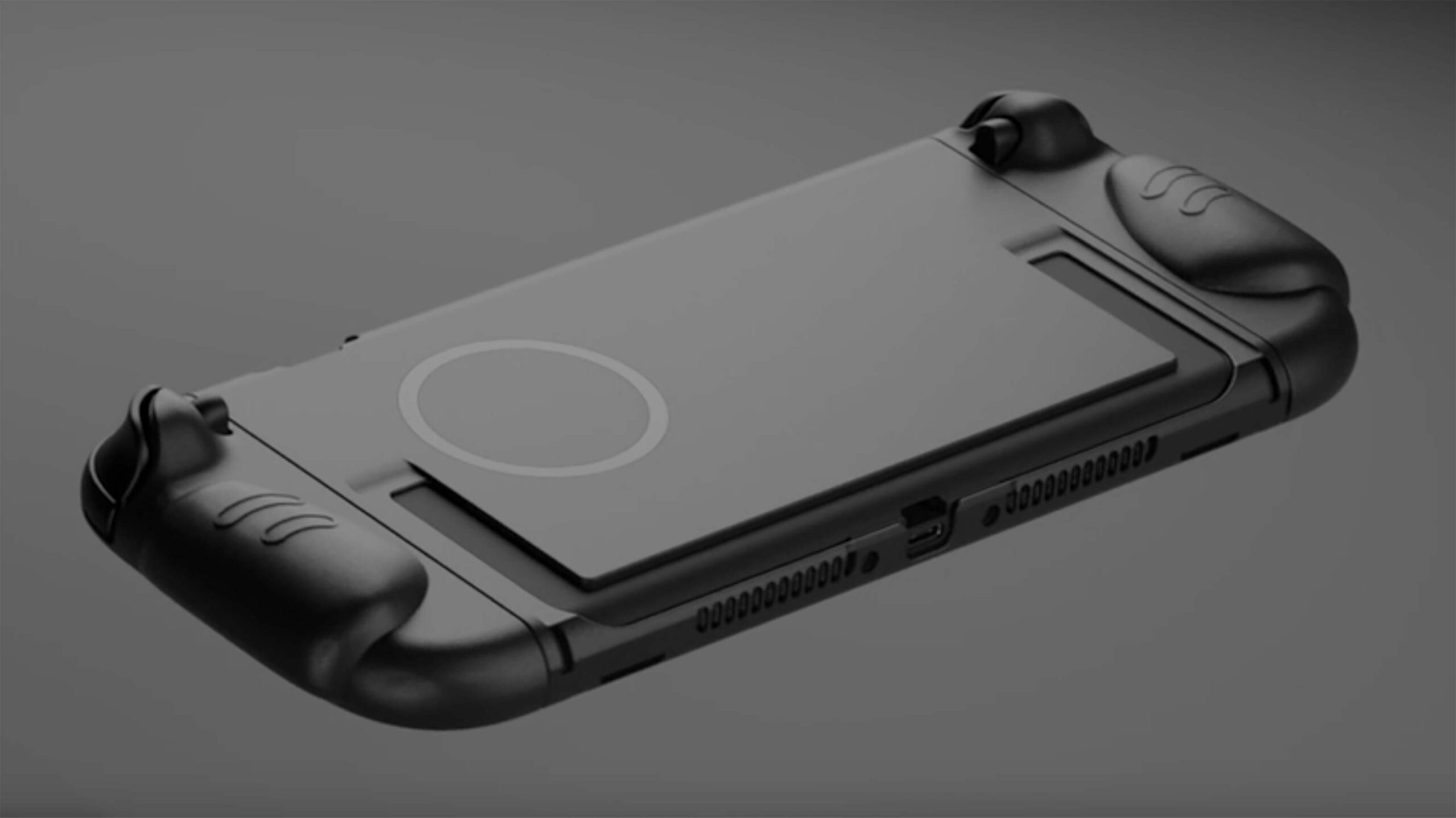Nippon Steel Corp. had high hopes for the $14.1 billion takeover of United States Steel Corp. But with the deal now likely to unravel, the biggest Japanese steelmaker will be forced to consider next steps for rapid growth.
The bid for the once-fabled American company ran into a maelstrom of political opposition in the US in the run-up to the presidential election.
President Joe Biden is planning to formally block the acquisition before the end of the month, Bloomberg reported this week.
That’s left Nippon Steel, which aimed to boost crude steel production capacity by 30 per cent with the US Steel deal, in the lurch. The takeover, which would have made it the world’s no. 3 steelmaker, was aimed at reducing its dependence on the waning Japanese market and helping it compete with the big mills in China, whose excessive output and surging exports has sparked a trade backlash around the world.
Nippon Steel could bolster efforts in other growth markets, namely India, said SBI Securities Co. analyst Ryunosuke Shibata. “It’s an attractive market considering growing population and demand.”
India’s government has set a target of almost doubling annual crude steel output capacity to 300 million tons by 2030 to meet surging demand. Nippon Steel already has a joint venture there, Arcelormittal Nippon Steel India Ltd., and has plans to expand capacity at a plant in western India.
“There could be some big steel companies, say in India, that they could make a big play for,” said Sumit Agarwal, a finance professor at the National University of Singapore. Other bright spots include Vietnam and Indonesia, where demand for steel will continue to increase, he said. The Japanese company has previously flagged Southeast Asia as a target for expansion.
Nippon Steel is “confident that our proposed partnership is the best path forward to secure the future of US Steel,” a spokesperson said in an emailed response, declining to elaborate further on its plans should the deal be blocked. The company will work with US Steel “to consider and take all available measures to reach a fair conclusion” if necessary.
The Japanese company is likely to keep up with its presence in the US, where it has been since the 1980s. And could even look at ways to grow its existing business there. Nippon Steel operates integrated mills and has another joint venture with ArcelorMittal that runs a steel processing plant in Alabama.
Or it could try to salvage the US deal in court. Nippon Steel and US Steel are poised to pursue litigation over the process if Biden doesn’t grant approval, Bloomberg reported. However, such a strategy would be lengthy and the outcome would be uncertain.
“The president’s decision isn’t subject to review, so a court challenge would face a difficult path,” Bloomberg Intelligence litigation analysts Holly Froum and Richard Bourke said in a note on Wednesday.
The US deal traces its beginning to last December, when Nippon Steel swooped in to buy the American firm for $55 a share in cash — significantly higher than a recently rejected offer from domestic rival Cleveland-Cliffs Inc.
But a foreign takeover of an iconic American company based in the swing state of Pennsylvania proved too politically difficult. Leaders at the United Steelworkers union opposed the deal from the start, while Biden, Democratic presidential candidate Kamala Harris and Republican nominee Donald Trump were all against it.
The acquisition came under review by Committee on Foreign Investment in the United States, which raised concerns that Nippon Steel’s lower-cost steel mills in India could potentially replace American capacity.
Where the steelmaker looks to find growth will be under focus. China — with its state-dominated and bloated steel sector — is not a realistic option. Nippon Steel exited a joint venture there in July as Japanese automakers struggled to maintain market share in Asia’s biggest economy. In supplying India and Southeast Asia, the company will face stiff competition from Chinese rivals.
“It’ll be difficult given Chinese supplies hit the area,” said SBI Securities’ Shibata.
More stories like this are available on bloomberg.com








Leave a Comment